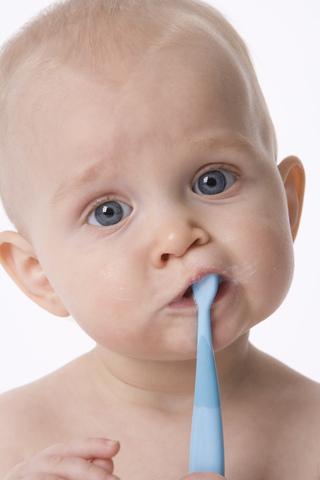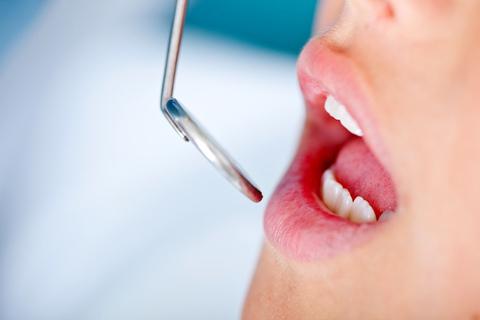Blog
Dental X-rays: The Inside Story
- posted: Apr. 24, 2024
Pediatric dentists strive to make your children’s visits welcoming and worry-free, and, we want the same for you! Ask us about any questions you might have. We are happy to Read More
Every Day is Earth Day
- posted: Apr. 17, 2024
During the early days of the environmental awareness movement, those who demonstrated against pollution, toxic chemicals, and the general public health were known as hippies. The early 1970s were a Read More
When should I begin brushing my baby's teeth?
- posted: Apr. 10, 2024
One question our team at The Kid's Dentist hear all the time is, “When should I start brushing my baby’s teeth?” You should begin regular cleanings even before your baby has Read More
April is National Facial Protection Month
- posted: Apr. 03, 2024
The Importance of Facial Protection Americans from all walks of life should mark April as National Facial Protection Month on their calendars. The American Association of Pediatric Dentistry, Academy for Sports Read More
What is a pediatric dentist?
- posted: Mar. 27, 2024
Our team at The Kid's Dentist hears this question a lot. According to our friends at the American Academy of Pediatric Dentistry (AAPD), pediatric dentistry is “an age-defined specialty that Read More
Dangers of Thumb Sucking
- posted: Mar. 20, 2024
It’s common for children to suck their thumb at a young age. Dr. Anwah, Dr. Chen, and Dr. Velasquez and our team want you to understand the potential issues that Read More
Go Green for St. Patrick’s Day
- posted: Mar. 13, 2024
Millions of people, around Grand Prairie and beyond, wear green on St. Patrick’s Day so they can show their spirit for the holiday and avoid getting pinched. While it may Read More
Good Nutrition Leads to Healthy Mouths
- posted: Mar. 06, 2024
At The Kid's Dentist, we know the most common oral health diseases are tooth decay and periodontal disease (or gum disease), and both are among the easiest to prevent. One Read More
Is dairy crucial to my child's oral health?
- posted: Feb. 28, 2024
Healthy eating, combined with regular physical activity, plays a vital role in your child’s health and well-being. Dairy foods are naturally nutritious, packed with ten essential nutrients that help your Read More
Why Baby Teeth Matter
- posted: Feb. 21, 2024
The primary teeth are the initial teeth that erupt from a child’s gums in the first few years of childhood. There are a total of 20 primary teeth, most of Read More
Valentine's Day History
- posted: Feb. 14, 2024
Valentine’s Day is best known as a celebration of love in all its forms. Pink hearts, red roses, and cute greeting cards adorn every surface you see. What many people Read More
The Importance of Oral Health Care for your Child
- posted: Feb. 07, 2024
February is National Children’s Dental Health Month, so it’s a great time for our team at The Kid's Dentist to talk about the importance of getting proper oral health care Read More
Make Brushing Teeth Fun!
- posted: Jan. 31, 2024
It’s understandable that kids would rather be playing outside or watching their favorite movie instead of doing a “boring” task like brushing their teeth. But there are ways to make Read More
Three Reasons We're Fans of Fluoride
- posted: Jan. 24, 2024
Why all the fuss about fluoride? Your pediatric dentist recommends it, your child’s toothpaste is formulated with it, and most of our drinking water contains it. Just what is it Read More
Five Fun Snacks for Healthy Teeth
- posted: Jan. 17, 2024
Snacks can taste good and give your child’s energy a boost, but they can also be bad for teeth. Sugary, sticky snacks, such as candy, cookies, and snack cakes can Read More
Losing a Baby Tooth Prematurely
- posted: Jan. 10, 2024
Losing a baby tooth is often an exciting event in a child’s life. It’s a sign your child is growing up, and might even bring a surprise from the Tooth Read More
Our Location
2337 S. Beltline Rd Ste 100
Grand Prairie, TX 75051, US
Hours of Operation
8:00 am - 5:00 pm
Closed
















